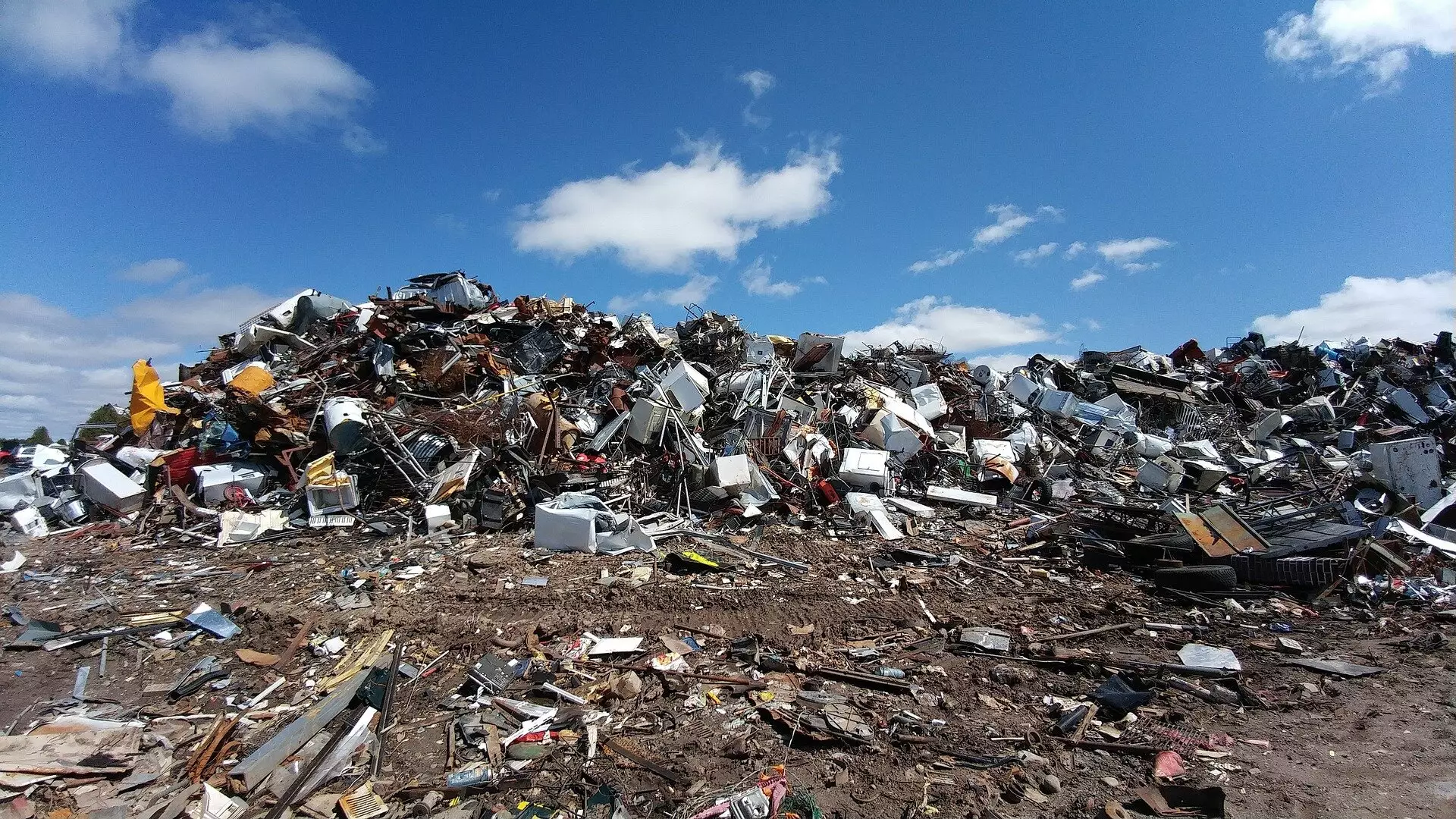In recent years, food waste has emerged as a critical environmental concern, contributing significantly to greenhouse gas emissions and placing unsustainable pressures on landfills. In an effort to combat this issue, several U.S. states have passed food waste bans. However, a study conducted by the University of California Rady School of Management raises serious questions about the effectiveness of these measures. Focusing on a decade of data from five pioneering states—California, Connecticut, Rhode Island, Vermont, and Massachusetts—the research highlights that only Massachusetts has successfully managed to divert a notable proportion of food waste away from landfills. This article takes a closer look at the findings and their implications for future waste management policies across the nation.
According to the study published in Science, Massachusetts stands out as a clear success in reducing landfill waste through its food waste ban. Between 2014 and 2024, landfilled waste decreased by 7% in this state alone, with an eventual goal of achieving a 13.2% reduction. Does this mean the ban was inherently effective? The research suggests that it was the specific combination of factors in Massachusetts’s approach that contributed to its success. Factors such as optimal composting infrastructure, clear legal language, and robust enforcement mechanisms collectively enhanced the state’s ability to tackle food waste effectively.
The positive results achieved by Massachusetts challenge us to consider what distinguishes it from other states that implemented similar laws. While it is commendable that Massachusetts managed to enforce its regulations effectively, an analysis reveals that it is primarily the intentional design and implementation of these laws that led to a meaningful outcome.
Contrastingly, the other four states analyzed—California, Connecticut, Rhode Island, and Vermont—simply could not replicate Massachusetts’s success. According to co-author Robert Evan Sanders, these states collectively saw only a minimal reduction of approximately 3% in landfill waste, undermining the intended impact of their food waste bans. This raises a pivotal question: What went wrong?
One major contributor appears to be insufficient enforcement of the laws in these states. The study indicated a stark difference in inspections per generator, with Massachusetts conducting over three times more inspections than Vermont, the next closest state. In contrast, other states displayed virtually no enforcement of the regulations, leaving many commercial waste generators unaccountable for their actions. This reality signals a critical gap in oversight that must be addressed for legislation to have any substantial effect.
The study employed sophisticated methodologies, using data from environmental state agencies across 36 states, which encompassed waste generated by approximately 85% of the U.S. population. This thorough approach emphasizes the complexities of waste management; however, it also illuminates the challenges involved in data compilation. While some states maintain robust databases, others present significant barriers through insufficient public records or difficulty in accessing needed information.
Moreover, the study’s reliance on a synthetic control method further highlights the intricacies in assessing policy impacts. By comparing equipped states with those that did not adopt bans, the researchers aimed to project waste levels that might have occurred absent such legislation. Yet, the results expose broader systemic issues in tracking compliance and measuring environmental outcomes.
Given the evident shortcomings in the food waste bans implemented across the initial five states, it becomes crucial to rethink how similar policies can be constructed in the future. The researchers advocate not for the abandonment of these laws but for a refined approach that learns from Massachusetts’s effective strategies. Specifically, they emphasize the need for enhanced infrastructure, clear communication of legal mandates, and a stringent enforcement regime.
California, for example, has recently taken a step towards improvement by enacting SB 1383 in 2022, mandating organic waste collection for all jurisdictions. This initiative acknowledges the necessity for a cohesive and comprehensive framework to meet environmental targets while reducing greenhouse gas emissions.
The findings from this study serve as an essential reminder that creating environmental legislation is only the initial step; the true challenge lies in the effective implementation and enforcement of such policies. As states continue to wrestle with the food waste crisis, the lessons learned from Massachusetts should be foundational in crafting future strategies. Without an unwavering commitment to infrastructure, clarity, and enforcement, food waste bans may struggle to make a significant impact, undermining efforts to address one of the pressing environmental issues of our time. Ultimately, the pathway to sustainability will require that we not only think critically about our laws but also commit to actively enforcing them in a tangible and meaningful manner.

